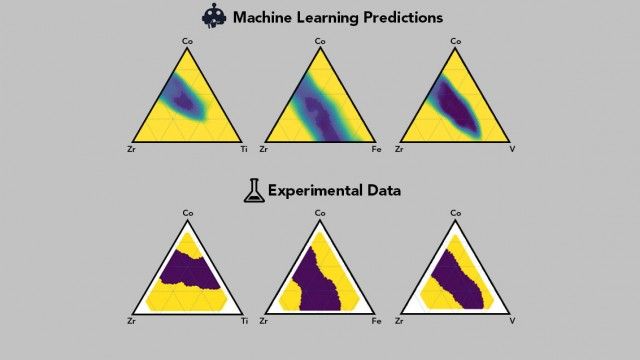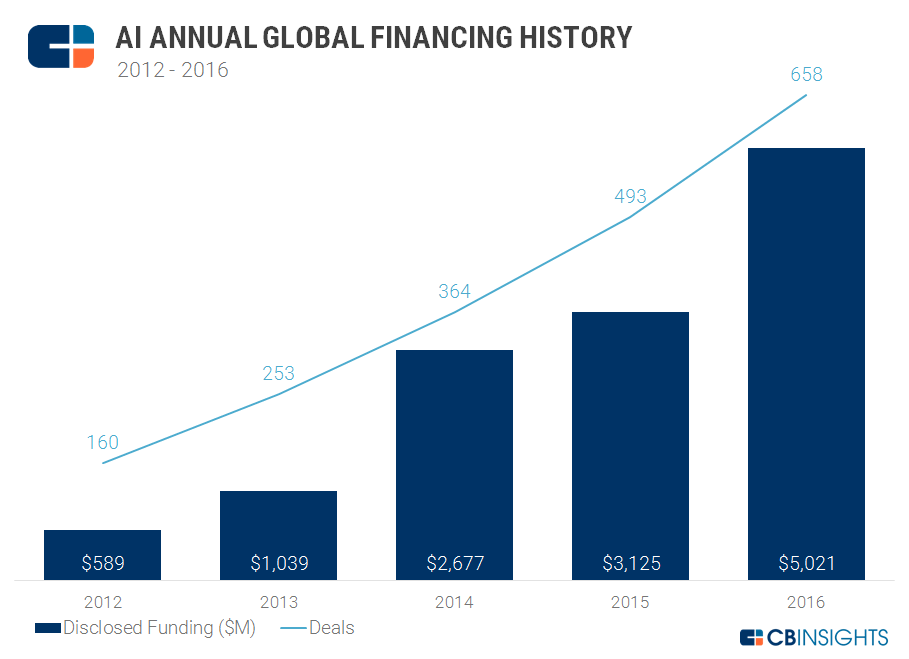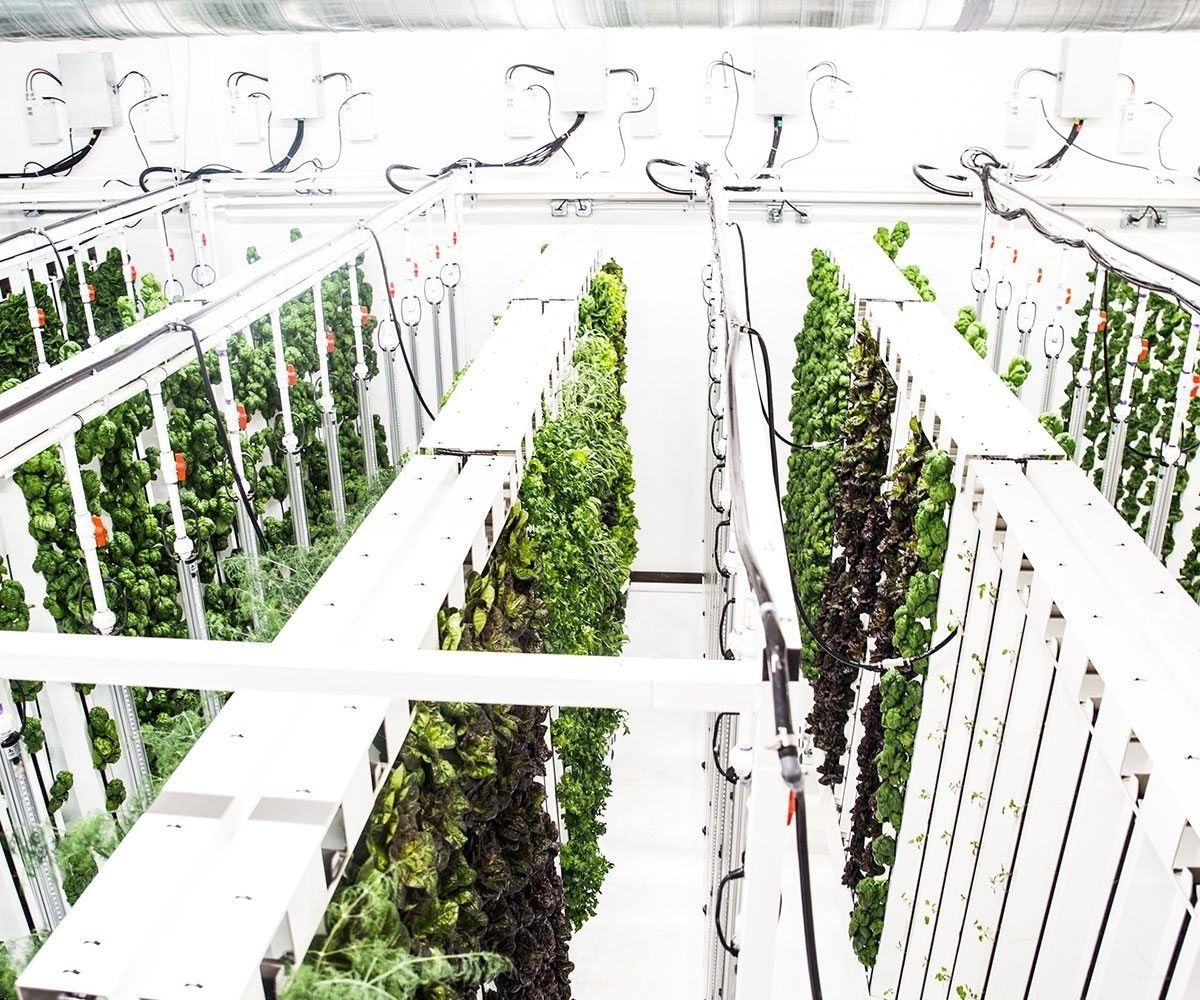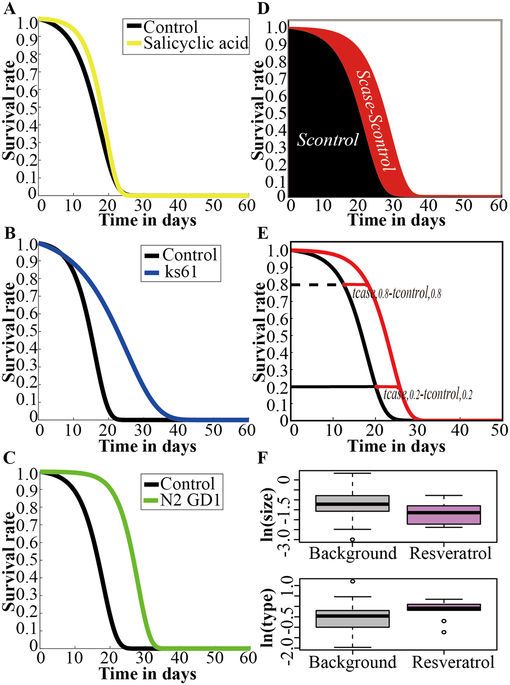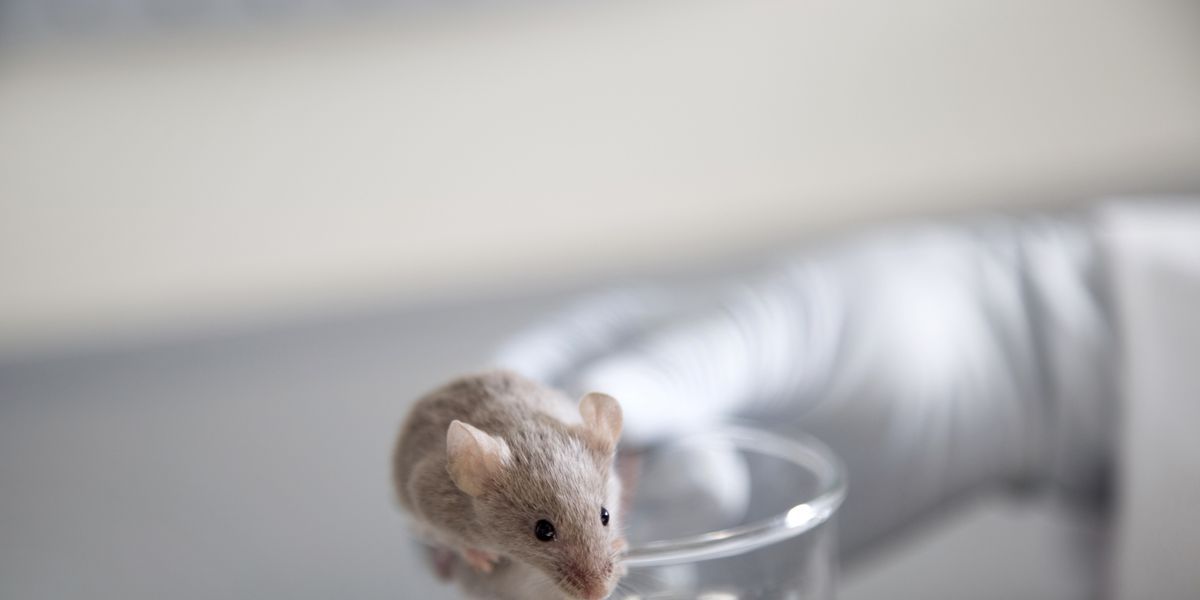If you combine two or three metals together, you will get an alloy that usually looks and acts like a metal, with its atoms arranged in rigid geometric patterns.
But once in a while, under just the right conditions, you get something entirely new: a futuristic alloy called metallic glass. The amorphous material’s atoms are arranged every which way, much like the atoms of the glass in a window. Its glassy nature makes it stronger and lighter than today’s best steel, and it stands up better to corrosion and wear.
Although metallic glass shows a lot of promise as a protective coating and alternative to steel, only a few thousand of the millions of possible combinations of ingredients have been evaluated over the past 50 years, and only a handful developed to the point that they may become useful.
